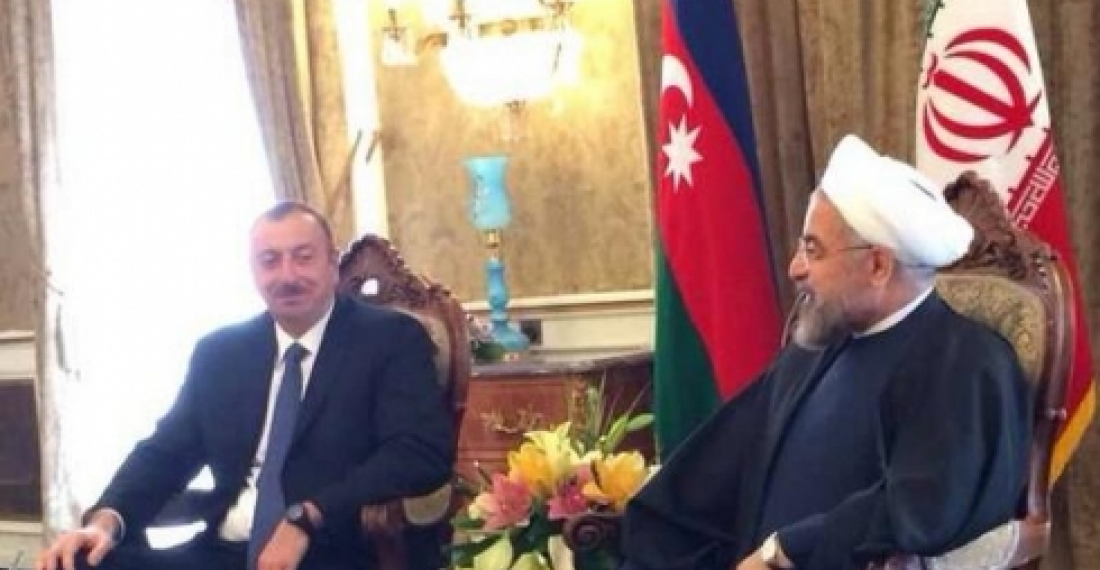The President of Azerbaijan Ilham Aliev is on an official visit to Iran. This morning he met with the Iranian President Hassan Rouhani and will later on meet with the Iranian Supreme Spiritual leader, Ayattolah Khamanei.
Commonspace.eu political editor said in a comment that over the last two decades relations between Iran and Azerbaijan have gone through many up and down phases, but the leadership of both countries have tried to maintain good communications even in difficult moments. Relations have become more stable recently and the visit of President Aliev may open a new chapter in bilateral relations. Azerbaijan would like to see its relations with Iran develop in the field of trade and commerce. It would also like Iran to be more supportive of its position in its conflict with Armenia over Nagorno-Karabakh.
President Aliev hopes that the reforms put in place by the recently elected Iranian President will benefit relations between the two countries, and more importantly contain radical Islamic elements who in the past saw the mainly shia populated Azerbaijan as a possible target for their activities.
On its part Iran has had concerns over the years about Western and particularly Israeli military and intelligence activity in Azerbaijan which it claims was directed against its interests.
Regardless of these and other concerns of the two sides, both governments have an interest in good bilateral relations, as well as in having a constant dialogue on issues such as the future of the Caspian Sea. With events in Ukraine turning Russia into an unpredictable neighbour Azerbaijan will be particularly keen to ensure that relations with its big southern neighbour are stable and friendly.
source: commonspace.eu
photo: President Aliev meeting the Iranian President Rohani in Tehran on Wednesday, 9 April 2014.(picture courtesy of the twitter feed of the Iranian president).







